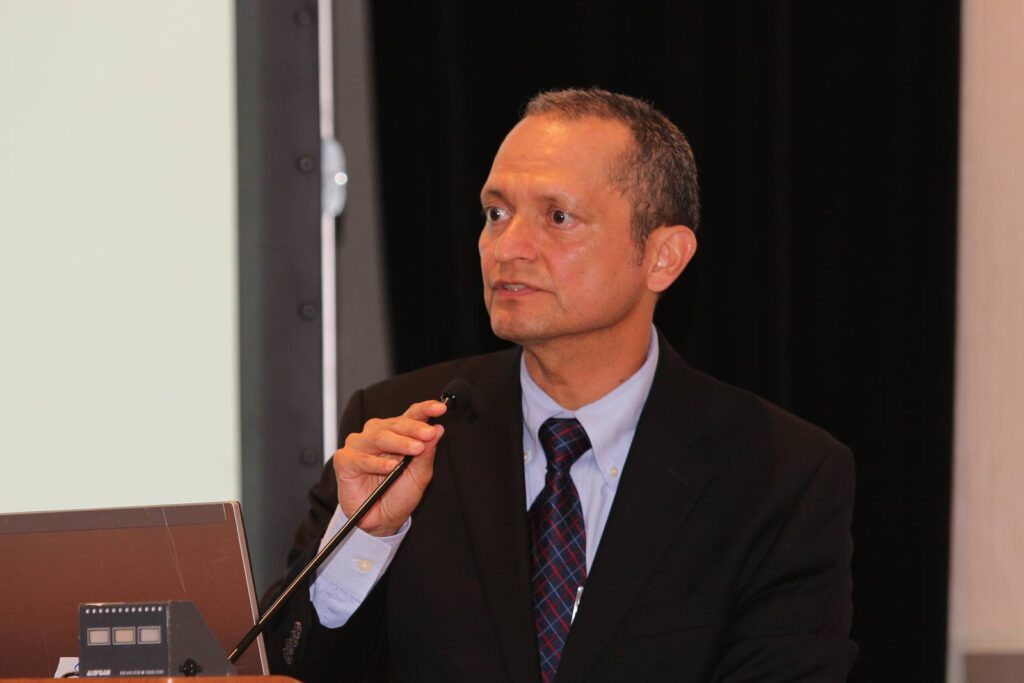About This Learning Collaborative:
According to “Health Picture of HUD-Assisted Adults,” a publication of the Centers for Disease Control and Prevention (CDC) and Department of Housing and Urban Development (HUD), over 33% of those receiving assistance from HUD are current smokers. On December 5, 2016, HUD announced an initiative to ban smoking on public housing premises. Since then, the National Center for Health in Public Housing (NCHPH) has been providing training and technical assistance to Health Center Programs to help their patients quit smoking.
The NCHPH 2021 Smoking Cessation Learning Collaborative will build upon the foundation established with our 2020 Collaborative by expanding the training to topics that affect an individual’s ability to quit and stay quit. To this end we will conduct four, one-hour webinars; one dealing with effective stress management techniques, one with relapse prevent and treatment, and a third with issues particular to patients with behavioral health or substance abuse concerns. The final webinar will be an interactive, case based, session where participants will have an opportunity to create “treatment plans” for patients in the contemplative, action, and relapse stages of quitting prior to the training and then to refine those plans with other attendees. This will give attendees experience with real life quitting scenarios and how to deal with them.
Throughout the course of the four webinars attendees will also be given the opportunity to discuss their experiences with conducting group and individual cessation programs during these past six months at their respective clinics as well as access to Frank Vitale to strategize about ways to improve their programs and to overcome any lingering barriers. This aspect of the program will be accomplished through individual consultations with each attendee.
Moderators

Frank Vitale, M.A.
National Director, Pharmacy Partnership for Tobacco Cessation Clinical Assistant Professor, Purdue College of Pharmacy
Frank Vitale, National Director of the Pharmacy Partnership for Tobacco Cessation, has worked in the smoking cessation field since 1987 designing cessation programs, educating over 20,000 health professionals in how to help patients stop tobacco use, and counseling nearly 10,000 patients to quit.
He received a B.A. in Liberal Arts from St. Vincent College in 1974 and a Master’s Degree in Psychology from Duquesne University in 1988.
He entered the field as a Health Educator, then as Clinic Coordinator for the Lung Health Study, researching the differential effects of smoking cessation and an inhaled medication (Atrovent) on the prevention of COPD in identified high risk individuals. He has run numerous groups for the I Quit Project of the Smoking Research Group at the University of Pittsburgh as well as designed the intervention for some of these programs.

Jose Leon, M.D.
Chief Medical Officer, National Center for Health in Public Housing
Dr. Jose Leon is the Chief Medical Officer (CMO) at the National Center for Health in Public Housing. In his role, Dr. Leon provides training and technical assistance to Community Health Centers serving public housing residents on emerging clinical topics and Quality Improvement/Quality Assurance systematic actions that lead to measurable improvement in health care services and the health status of underserved and vulnerable populations.
Dr. Leon heads clinical quality and emergency preparedness working groups that provide assistance/training to over 106 Community Health Centers across the nation.
To register, click the link below:
